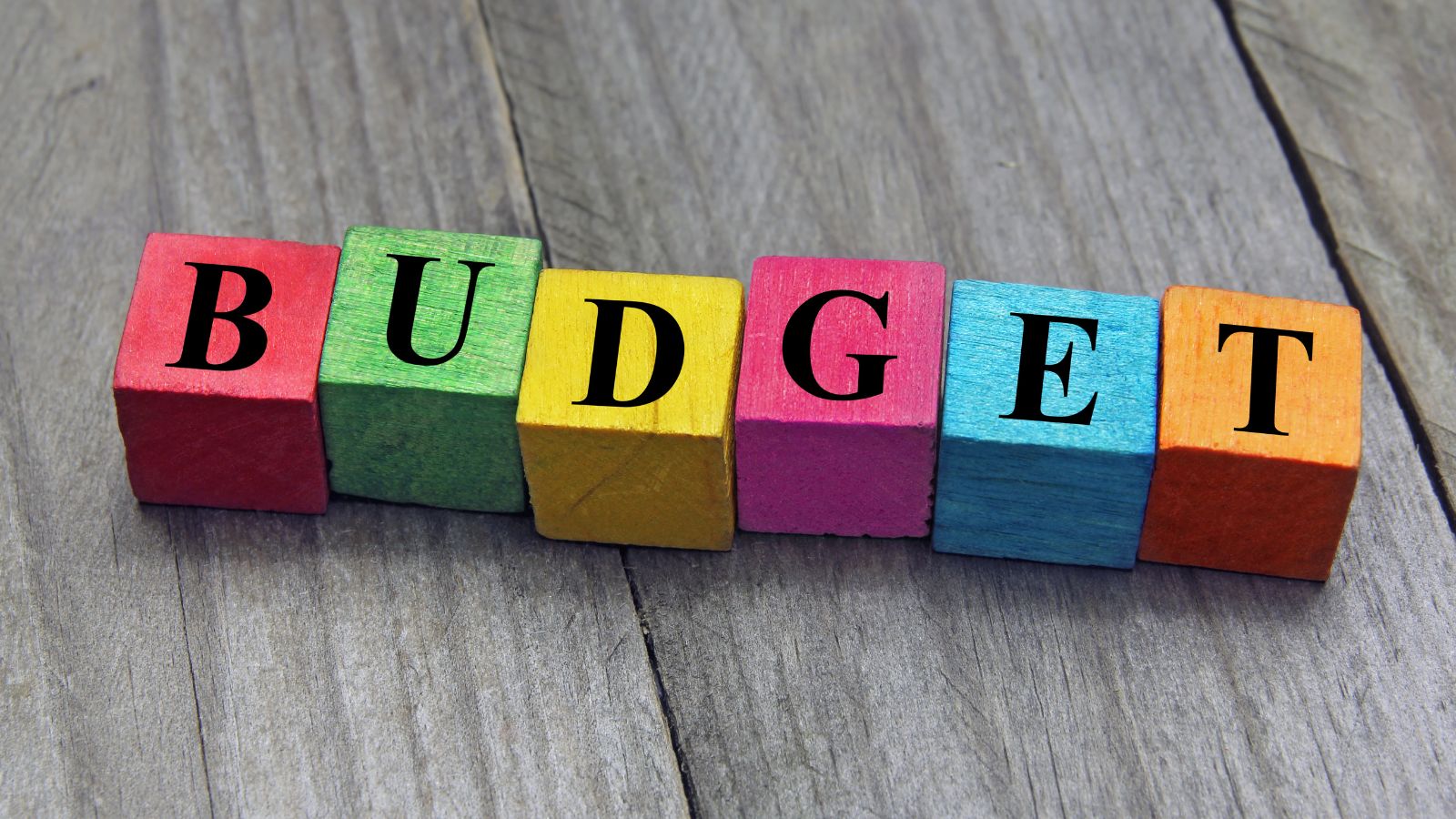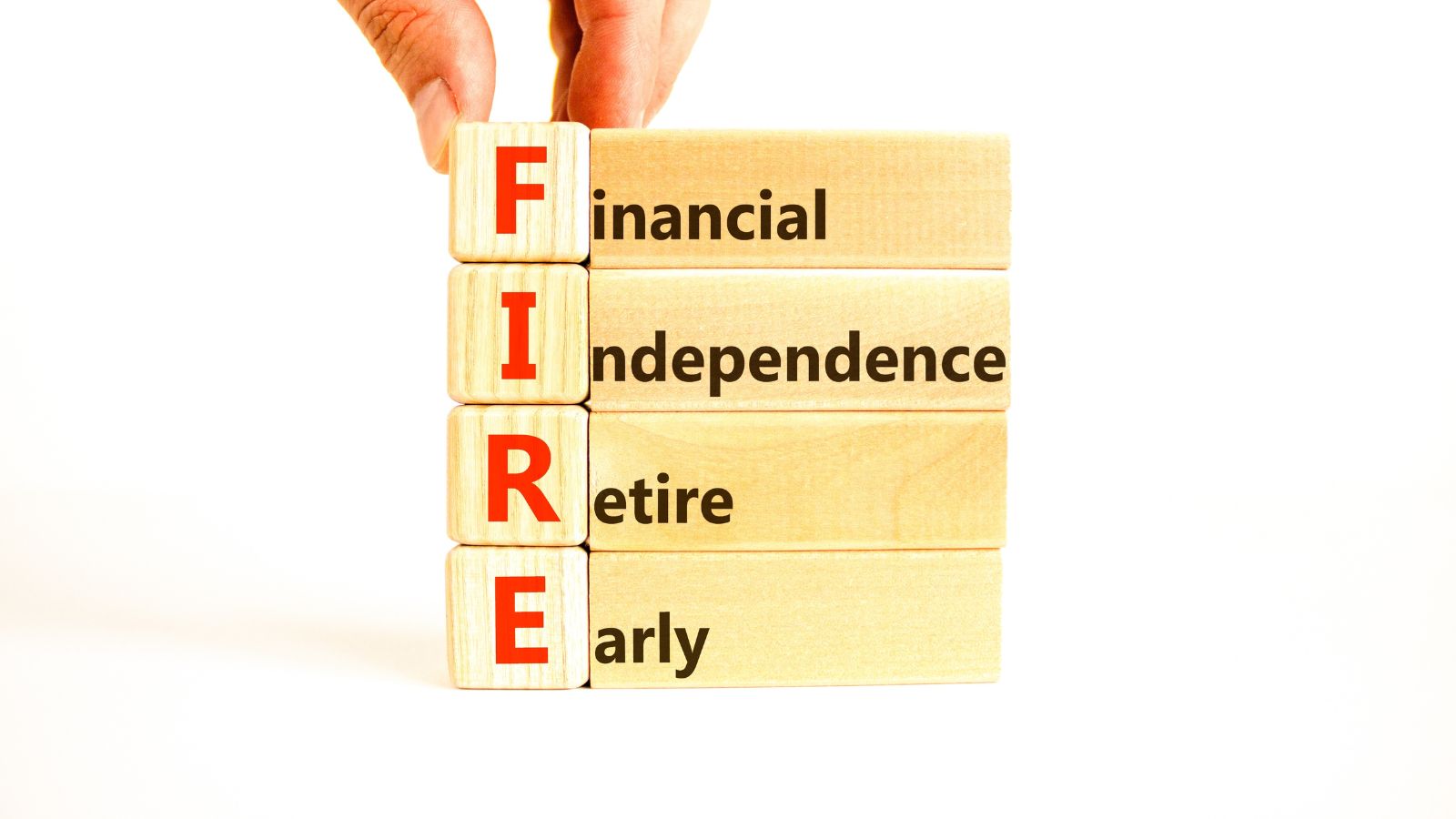In 2024, your financial future could be in danger if you’re not paying attention to key warning signs. This article reveals 20 startling indicators that might suggest financial trouble ahead. Whether it’s increasing debt, lack of savings, or unexpected expenses, these signs can have a major impact on your future stability. By understanding these risks, you can take action to protect yourself and avoid financial setbacks. Stay informed to safeguard your money and make better decisions for a secure future.
You Have No Emergency Fund

Having no emergency fund leaves you unprepared for unexpected expenses like medical bills, car repairs, or job loss. Without savings set aside for emergencies, you may have to rely on credit cards or loans, increasing your debt. An emergency fund provides a financial cushion, offering security during difficult times.
You’re Living Paycheck to Paycheck

Living paycheck to paycheck means you’re using all of your income to cover expenses, leaving little or no savings. This makes handling emergencies or unexpected costs hard, increasing financial stress. Without savings, you’re vulnerable to debt, and your financial future becomes uncertain and harder to manage.
You Have No Retirement Savings

When you are not putting enough money towards your retirement, then you are pinning your fate on the fact that you shall be lucky to receive your paycheck well into your sunset years. If one has not saved for retirement, then the future can actually become a nightmare financially as someone is not able to earn a steady income as he ages, and coupled with this is the ever-increasing healthcare expenses.
You Depend on Credit Card So Much

The red sign is applying for credit cards to pay necessary expenses or bills. You cannot justify having high interest rates when you are unable to pay your balance in full every month, and you will notice your financial health dwindling.
You Don’t Have a Budget

Not having a budget means you’re not keeping track of where your money is going, making it easy to overspend. Without a clear plan for your income and expenses, saving, paying off debt, or reaching financial goals is harder. A budget helps you manage money wisely and avoid financial stress.
You’re Drowning in Debt

If you are constantly stressed due to debt repayments and feel as though you aren’t making any real progress, your financial future is in serious jeopardy. Carrying a large amount of debt, particularly at high interest rates, can weigh heavily on your financial health over time. The more debt you accumulate, the harder it becomes to manage, leading to increased financial pressure. High-interest debt is especially burdensome, as it can significantly limit your ability to save or invest for future goals, making it difficult to achieve long-term financial stability.
You Ignore Your Credit Score

Your credit score determines your access to loans, credit cards, and even housing. Ignoring it means you may struggle to borrow at low or no interest rates. In the worst-case scenario, you could only receive credit at very high rates or, worse, be denied credit when you need it most.
You Think You Regret Covered By Health Insurance

Healthcare costs can easily bankrupt you if you are uninsured. A single visit to the hospital can lead to crippling debts. Without health insurance, your financial well-being is at serious risk, especially if you need to see a physician. It’s crucial to consider the potential financial impact of medical expenses on your overall financial health.
You Are Not Ready for a Higher Price

The cost of necessities for human life is gradually skyrocketing, which makes an individual’s or a family’s financial situation worse if the income fails to match the inflation rate. Lack of a financial strategy to address the rising costs of basic goods such as food, fuel, and shelter will put you in a tight financial situation.
There is no other way of diversifying your sources of income

This means that the idea of fighting for one kind of victory at a time is not very secure. If you get fired from your current employment or your primary source of income is taken away, you have no cushion to fall back on. Being able to have other sources of income, such as another business, investments, or self-employment, usually adds safety.
You Avoid Talking About Money

If you dread opening your checkbook or feel embarrassed discussing money with your partner, it’s clear that you’re not in control of your finances. Failing to discuss financial matters can lead to poor decisions and unresolved financial issues, ultimately affecting your overall financial well-being.
You Don’t Track Your Spending

If you fail to realize how you spend your money every single month, you could easily be part of the overspending populace. Budgeting allows you to identify when you’re being wasteful and where you should consider trimming your expenses.
You Have No Financial Goals

Without clear financial goals, such as saving for a house, a car, or retirement, it’s easy to feel lost when managing your money. This often leads to unnecessary spending, as any income generated may be squandered. In the long run, this behavior can drain your resources and hinder your ability to build wealth.
You Rely on Loans to Get By

If most of your expenses are covered by personal loans or payday loans, it’s a concerning sign. Relying on loans to make it through the month is not only a poor financial practice but can also be very costly in the long run. This reliance can lead to a cycle of debt that is difficult to escape.
You Don’t Put Money Where It Counts

When you don’t invest in your well-being, you miss opportunities that could yield returns. Investments, such as stocks, bonds, or real estate, can generate earnings that contribute to your financial growth. By investing wisely, you make your money work for you, significantly enhancing your chances of success in the future.
You Don’t Have a Plan for Major Life Changes

Major life events such as marriage, having children, buying a home, or caring for aging parents can significantly impact your finances. Without a specific strategy for managing these changes, they can disrupt your budget, savings plan, and overall financial stability. It’s crucial to anticipate these events and prepare accordingly to ensure your financial well-being.
You Rely on Government Assistance

While receiving government support can be beneficial during tough economic times, relying too heavily on it can be risky. Assistance programs can change, and benefits may be reduced or completely cut. The best strategy for achieving financial security is to build your own safety net, allowing you to depend less on external support and more on your own resources.
You Haven’t Updated Your Financial Knowledge

The financial markets are never static, and if you have not refreshed your knowledge concerning investment, savings, and other uses of money, then you may be working with outdated information. Keeping your financial knowledge up to date and understanding the tools or strategies available is crucial for long-term success.
You’re Not Saving for Big Expenses

Whether it is a holiday, a car, or renovation work, massive costs are inevitable in everyone’s life. Editor, These are expenses that you should plan to meet and set aside in advance, but if you are not in a position to do that, you end up borrowing to cater to such incidences, which is not good for your books.
You don’t have insurance long-term strategies.

Medical, life, and disability insurance provide essential support during sickness, accidents, or death, while long-term care insurance covers expenses for illnesses that require extended recovery. Without these protections, your family may face significant financial challenges in the event of an unfortunate occurrence.
Conclusion

Caring for your financial needs and maintaining good financial health is one of the most significant investments you can make for yourself and your family. If any of these signs resonate with you, it’s time to take action. Start by learning how to create a budget, develop a plan to pay off your debt, and set realistic financial goals. The sooner you make these changes, the more secure your financial future will be. Opportunities come and go, and the choices you make now will determine the outcomes of those opportunities in the future.
18 Reasons Why People Are Leaving Florida in Masses

Exploring factors that impact the desirability of living in Florida, this list delves into various challenges shaping residents’ experiences. From environmental concerns like rising sea levels to economic factors such as fluctuating job markets, these issues collectively contribute to a nuanced understanding of the state’s appeal.
18 Reasons Why People Are Leaving Florida in Masses
